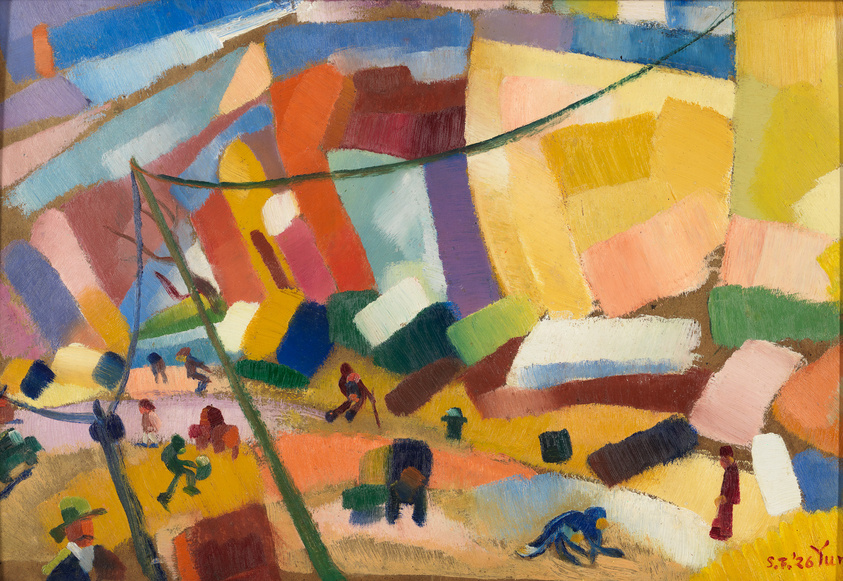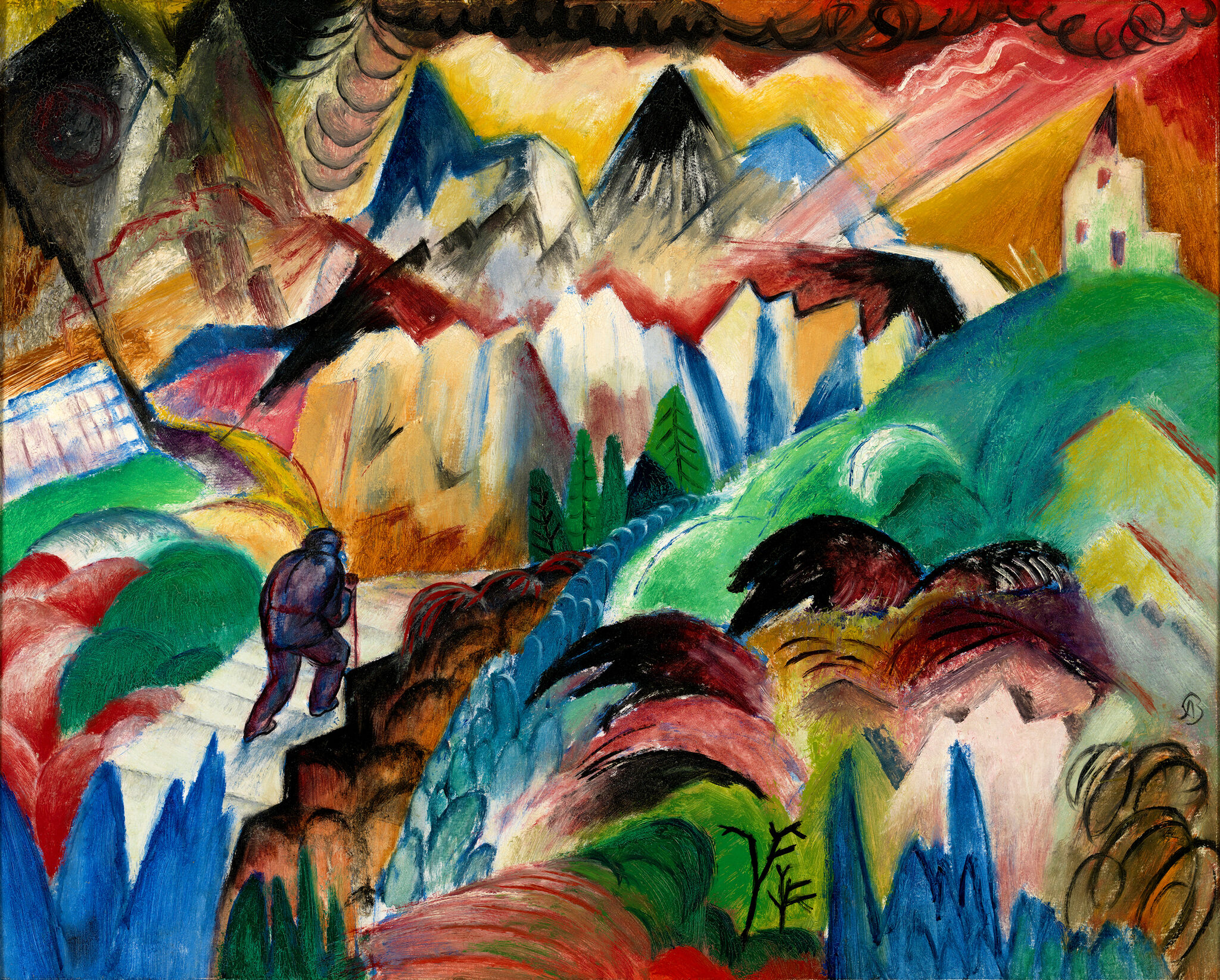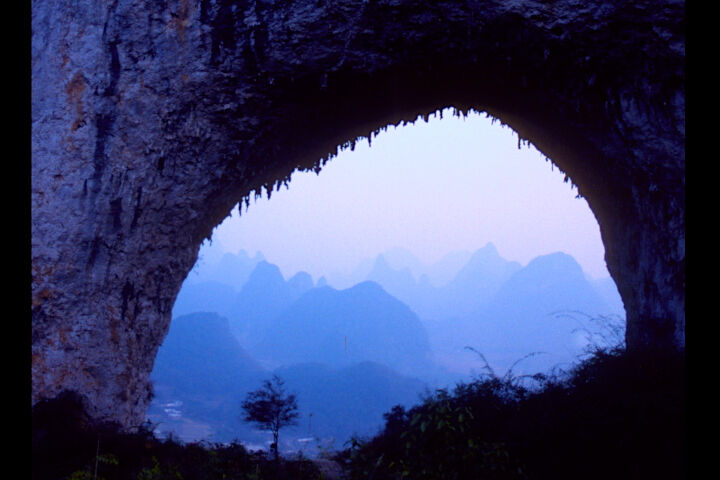Radical Enchantment: The Politics of Transcendental American Art, 1900–2022
Thurs, July 21, 2022
6–7 pm
Become a member today!
Join now to enjoy early access to exhibitions and events, unlimited free admission, guest privileges, and more.
Join nowThis event will have live closed captioning. If you need captions in a separate browser window, please email accessfeedback@whitney.org for StreamText link.
Learn more about access services and programs.
Online, via Zoom
All members
Two simultaneous exhibitions at the Whitney explore how artists have produced visionary responses to oppression in their moment. Whitney Biennial 2022: Quiet as It’s Kept spotlights contemporary works while At the Dawn of a New Age: Early Twentieth-Century American Modernism explores avant-garde works produced from 1900 to 1930. This virtual program with Joan Tisch Teaching Fellow Jason Vartikar considers how artists in both exhibitions, though separated by a century, have comparably used “enchantment”—forms that evoke magic, universalism, or spirit–to offer a transcendental response to societal and political challenges.
For example, the Chinese-American artist Yun Gee painted his vibrant Street Scene in 1926, two years after the racist Asian Exclusion Act was passed in 1924. How might we see Gee’s painting as his response? Elemental, bright blocks of color make a rainbow, perhaps suggesting what the artist would later describe as “something universal, which had meaning for every [hu]man regardless of race or station.” Artists in the Biennial explore the transcendental as resistance to colonialization and racialization, among other issues. This includes the Asian-American artist Theresa Hak Kyung Cha, whose text-based art evokes a cosmic form of speech.
Option 1: Thursday, July 21
6–7 pm
Option 2: Tuesday, August 9
12–1 pm
Option 3: Monday, August 29
6–7 pm
Jason Vartikar is a Joan Tisch Teaching Fellow at the Whitney. He is also a Ph.D. candidate in the department of art and art history at Stanford, where he has been a Jones Fellow since 2016. He is currently writing his dissertation on melancholy registered in 1915–1945 American art, focusing on the paintings of Charles Burchfield. His writing on Ruth Asawa’s wire sculpture appeared in American Art, the journal of the Smithsonian, which awarded the essay Frost Prize honorable mention in 2021. As a curator, he has developed decolonizing exhibitions with the contemporary artist Marie Watt (Seneca Nation)—including a show upcoming at the Buffalo History Museum in July 2022.



